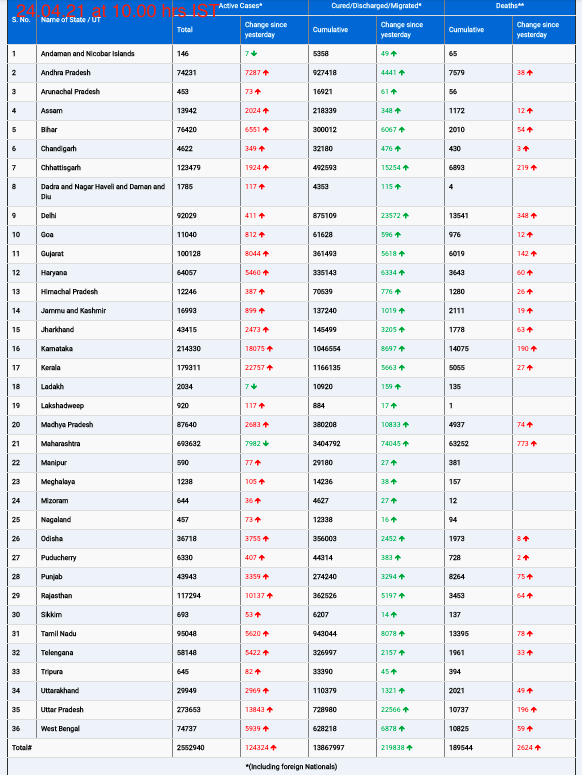A recent study from Karolinska Institutet, published in the European Heart Journal, has found that women who experience pregnancy complications are at an increased risk of developing cardiovascular disease (CVD). More notably, the study also suggests that their sisters, even if they had uncomplicated pregnancies, face a higher risk of cardiovascular disease as well.
These findings indicate that genetic and shared environmental factors may play a role in the connection between pregnancy complications and cardiovascular disease risk. While previous research has established that conditions such as high blood pressure and premature labor during pregnancy elevate the likelihood of CVD later in life, it remained unclear whether familial factors contribute to this association.
To investigate this link, researchers conducted a registry study on Swedish women who had given birth for the first time between 1992 and 2019. They examined women who had experienced pregnancy complications, their sisters who had delivered without complications, and an unrelated control group. The results revealed that sisters of women with pregnancy complications had an almost 40% higher risk of developing cardiovascular disease compared to the control group.
Lead author Ängla Mantel, docent at the Department of Medicine, Solna, Karolinska Institutet, emphasized that “our results show that the risk of cardiovascular disease after a pregnancy complication does not depend solely on the pregnancy itself, but can be influenced by genes and environmental factors.”
The study highlights the importance of early intervention for women with pregnancy complications, as well as their sisters, to mitigate cardiovascular disease risks. “It may be important to identify these women early to offer preventive treatment for pregnancy complications as well as lifestyle counseling and follow-up for cardiovascular disease risk,” Mantel added.
Disclaimer:
This article is for informational purposes only and does not constitute medical advice. Individuals concerned about their cardiovascular health should consult a healthcare professional for personalized guidance and assessment.
More information: Ängla Mantel et al, Adverse pregnancy outcomes, familial predisposition, and cardiovascular risk: a Swedish nationwide study, European Heart Journal (2024). DOI: 10.1093/eurheartj/ehae889.












